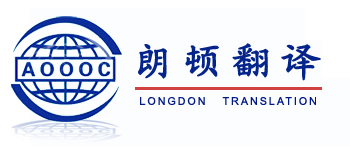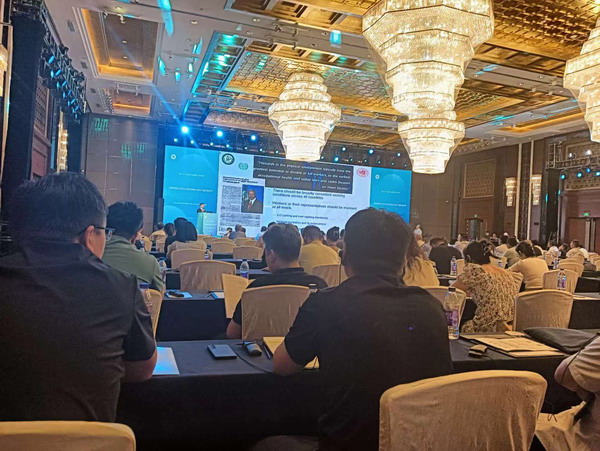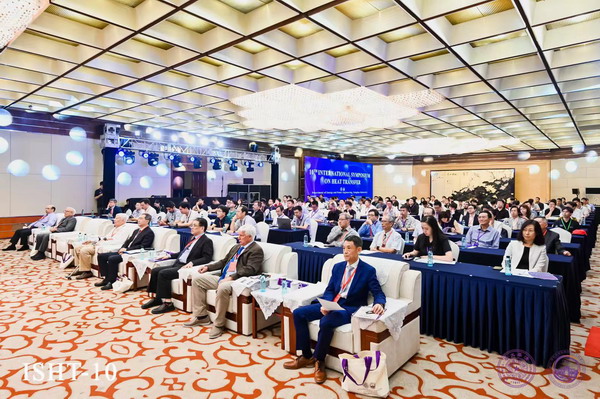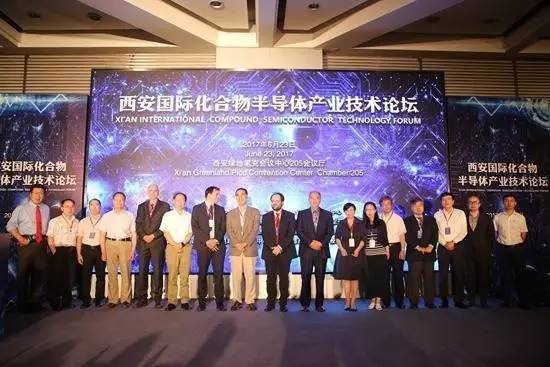The Trump administration plans to use new targeted tariffs to apply Ī░maximum pressureĪ▒ on China to stop it stealing the intellectual property of American business, according to the top US trade official.
├└ć°Ė▀╝ē┘Q(m©żo)ęū╣┘åT▒Ē╩ŠŻ¼╠ž└╩Ųšš■Ė«ėŗäØ└¹ė├ßśī”ąįĄ─ą┬ĻP(gu©Īn)ČÉ┤ļ╩®üĒī”ųąć°╩®╝ėĪ░ūŅ┤¾ē║┴”Ī▒Ż¼Ų╚╩╣Ųõ═Żų╣Ė`╚Ī├└ć°Ų¾śI(y©©)Ą─ų¬ūR«a(ch©Żn)ÖÓ(qu©ón)ĪŻ
With the White House expected to unveil proposed curbs on Chinese business as soon as today, Robert Lighthizer, US trade representative, also offered an olive branch to the EU and other allies, indicating they would not face immediate US tariffs on steel and aluminium imports while they were negotiating possible exemptions.
░ūīmŅA(y©┤)ėŗūŅįńīóį┌Į±╠ņ╣½▓╝ī”ųąć°Ų¾śI(y©©)╩®╝ėŽ▐ųŲĄ─ėŗäØŻ¼├└ć°┘Q(m©żo)ęū┤·▒Ē┴_▓«╠ž?╚R╠žŽŻØ╔(Robert Lighthizer)▀ĆŽ“ÜW├╦║═Ųõ╦¹├╦ėč╔ņ│÷┴╦ķŽÖņų”Ż¼▒Ē╩Šį┌Ųõšä┼ą┐╔─▄Ą─ĻP(gu©Īn)ČÉ╗Ē├Ōų«ļHŻ¼▓╗Ģ■±R╔Ž├µ┼R├└ć°õōĶF║═õX▀M(j©¼n)┐┌ĻP(gu©Īn)ČÉĪŻ
Washington is keen to enlist Europe, Japan and other trading partners in its fight against alleged Chinese trade abuses.
╚A╩óŅDĘĮ├µŽŻ═¹į┌┤“ō¶ųąć°ō■(j©┤)ĘQ┤µį┌Ą─┘Q(m©żo)ęū×Eė├ąą×ķĢrŻ¼ĀÄ╚ĪÜWų▐Īó╚š▒Š║═Ųõ╦¹┘Q(m©żo)ęū╗’░ķĄ─ų¦│ųĪŻ
According to people familiar with its deliberations, the White House is expected to announce a plan to apply new tariffs on imports from China worth at least $30bn as soon as today, although US officials said the proposals remained in flux. The plan is also likely to involve a process for consultations with US business that may delay their implementation.
ō■(j©┤)ų¬Ūķ╚╦╩┐▒Ē╩ŠŻ¼░ūīmŅA(y©┤)ėŗūŅįńīóį┌Į±╠ņą¹▓╝ėŗäØŻ¼ī”ārųĄų┴╔┘300ā|├└į¬Ą─ųąć°▌ö├└╔╠ŲĘš„╩šą┬ĻP(gu©Īn)ČÉŻ¼▒M╣▄├└ć°╣┘åT▒Ē╩ŠŻ¼ŽÓĻP(gu©Īn)╠ßūh╚įį┌š{(di©żo)š¹ųąĪŻįōėŗäØ▀Ć┐╔─▄╔µ╝░┼c├└ć°Ų¾śI(y©©)▀M(j©¼n)ąą┤Ķ╔╠Ą─▀^│╠Ż¼┐╔─▄╩╣Ųõ═Ų▀t┬õīŹ(sh©¬)ĪŻ
The Trump administration is also likely to flag up new restrictions on Chinese investment in the US and tighter visa requirements for Chinese nationals, although the details have yet to be decided.
╠ž└╩Ųšš■Ė«ę▓┐╔─▄ī”ųąć°į┌├└═Č┘Y╠ß│÷ą┬Ž▐ųŲŻ¼▓ó╩šŠoī”ųąć°╣½├±Ą─║×ūCę¬Ū¾Ż¼▒M╣▄╝Ü(x©¼)╣Ø(ji©”)▀Ćø]ėąøQČ©ĪŻ
Mr Lighthizer told members of Congress that the administration expected to hit certain Chinese technology products in sectors where Beijing has forced US companies to transfer intellectual property in order to do business in China. It also wants to target sectors in which the Chinese government is subsidising overseas acquisitions by its companies of strategic technologies.
╚R╠žŽŻØ╔ĖµįVć°Ģ■ūhåTŻ¼╠ž└╩Ųšš■Ė«ŅA(y©┤)ėŗīó┤“ō¶─│ą®ųąć°┐Ų╝╝«a(ch©Żn)ŲĘŻ¼╔µ╝░▒▒Š®ĘĮ├µŲ╚╩╣├└ć°Ų¾śI(y©©)ęį▐D(zhu©Żn)ūīų¬ūR«a(ch©Żn)ÖÓ(qu©ón)ōQ╚Īį┌ųąć°ū÷╔·ęŌĄ─ąąśI(y©©)ĪŻ╦³▀ĆŽŻ═¹┤“ō¶ųąć°š■Ė«ča(b©│)┘NŲõæ(zh©żn)┬į╝╝ąg(sh©┤)Ų¾śI(y©©)▀M(j©¼n)ąą║Ż═Ō╩š┘ÅĄ─ąąśI(y©©)ĪŻ
Ī░We think that it is perhaps the most important thing that will have been done in a long time in terms of rebalancing trade with China,Ī▒ he said, pointing to the USĪ»s $375bn trade deficit with Beijing.
Ī░╬ęéāšJ(r©©n)×ķŻ¼▀@ę▓įS╩Ūį┌║▄Š├ęįüĒį┌į┘ŲĮ║Ōī”╚A┘Q(m©żo)ęūĘĮ├µ╦∙ū÷Ą─ūŅųžę¬Ą─╩┬Ż¼Ī▒╦¹▒Ē╩ŠŻ¼╦¹ųĖ│÷Ż¼├└ć°ī”╚A┘Q(m©żo)ęū─µ▓ŅĖ▀▀_(d©ó)3750ā|├└į¬ĪŻ
But he said Washington was mindful of the potential impact on US households. His staff had used an algorithm to formulate penalties that wouldĪ░put maximum pressure on China and minimum pressure on American consumersĪ▒. The prospect of tariffs on imports from China has drawn widespread criticism from the US business community and others worried about the prospect of Chinese retaliation leading to a trade war between the worldĪ»s two largest economies.
Ą½╦¹▒Ē╩ŠŻ¼╚A╩óŅDęŌūRĄĮ┴╦▀@┐╔─▄ī”├└ć°╝ę═źįņ│╔Ą─Øōį┌ė░ĒæĪŻ╦¹Ą─▓┐Ž┬╩╣ė├┴╦ę╗éĆ╦ŃĘ©üĒųŲČ©╠Ä┴PĘĮ░ĖŻ¼ęįīŹ(sh©¬)¼F(xi©żn)Ī░ī”ųąć°╩®╝ėūŅ┤¾ē║┴”Ż¼Įo├└ć°Ž¹┘M(f©©i)š▀ĦüĒūŅąĪē║┴”Ī▒ĪŻī”ųąć°▌ö├└╔╠ŲĘš„╩šĻP(gu©Īn)ČÉĄ─Ū░Š░Ż¼ęčĮø(j©®ng)šąų┬┴╦├└ć°╔╠Įńęį╝░Ųõ╦¹╚╦Ą─ÅVĘ║┼·įuŻ¼║¾š▀ō·(d©Īn)ą─ųąć°┐╔─▄ł¾Å═(f©┤)Ż¼ī¦(d©Żo)ų┬╩└Įńā╔éĆūŅ┤¾Įø(j©®ng)Ø·(j©¼)¾wų«ķg▒¼░l(f©Ī)┘Q(m©żo)ęūæ(zh©żn)ĪŻ
Ī░Nobody wins from a trade war. We certainly donĪ»t want a trade war,Ī▒ Mr Lighthizer said.
Ī░┘Q(m©żo)ęūæ(zh©żn)ø]ėą┌A╝ęĪŻ╬ęĘĮ┐ŽČ©▓╗ŽŻ═¹░l(f©Ī)╔·┘Q(m©żo)ęūæ(zh©żn)Ż¼Ī▒╚R╠žŽŻØ╔▒Ē╩ŠĪŻ
But he added: Ī░We have to do something?.?.?.?The reality is that if you are on a course that is unsustainable you have to do something to change.Ī▒
Ą½╦¹ča(b©│)│õĘQŻ║Ī░╬ęéā▓╗Ą├▓╗ėą╦∙ū„×ķĪŁĪŁ¼F(xi©żn)īŹ(sh©¬)╩ŪŻ¼╚ń╣¹─Ńš²╠Äė┌ę╗Śl▓╗┐╔│ų└m(x©┤)Ą─Ą└┬Ę╔ŽŻ¼─Ń▓╗Ą├▓╗ū÷│÷ę╗ą®Ė─ūāĪŻĪ▒
Business groups remain sceptical of the Trump administrationĪ»s plans, though many acknowledge that it is trying to tackle legitimate concerns.
╔╠śI(y©©)łF(tu©ón)¾w╚į╚╗ī”╠ž└╩Ųšš■Ė«Ą─ėŗäØ│ųæčę╔æB(t©żi)Č╚Ż¼▒M╣▄║▄ČÓ╚╦│ąšJ(r©©n)░ūīm╩Ūį┌ćLįćĮŌøQš²«ö(d©Īng)?sh©┤)─ĻP(gu©Īn)ŪąĪŻ
Ī░ItĪ»s unclear right now what the strategy is for using tariffs in this case,Ī▒ said Erin Ennis, senior vice-president for the US-China Business Council.
Ī░─┐Ū░▀Ć▓╗ŪÕ│■į┌▀@╝■╩┬╔Žåóė├ĻP(gu©Īn)ČÉ┤ļ╩®Ą─æ(zh©żn)┬į╩Ū╩▓├┤Ż¼Ī▒├└ųą┘Q(m©żo)ęū╚½ć°╬»åTĢ■(US-China Business Council)Ė▀╝ēĖ▒Ģ■ķL░Ż┴ų?Č„─ß╦╣(Erin Ennis)▒Ē╩ŠĪŻ
Ī░Companies want to see the problems that are identified in the case addressed?.?.?.?ItĪ»s just not clear how tariffs get you to fix that problem.Ī▒
Ī░Ų¾śI(y©©)ŽŻ═¹┐┤ĄĮęč▒╗ūRäeĄ─å¢Ņ}Ą├ĄĮæ¬(y©®ng)ī”ĪŁĪŁų╗╩Ū▓╗ŪÕ│■ĻP(gu©Īn)ČÉ┤ļ╩®į§├┤Ä═─ŃĮŌøQ▀@éĆå¢Ņ}ĪŻĪ▒
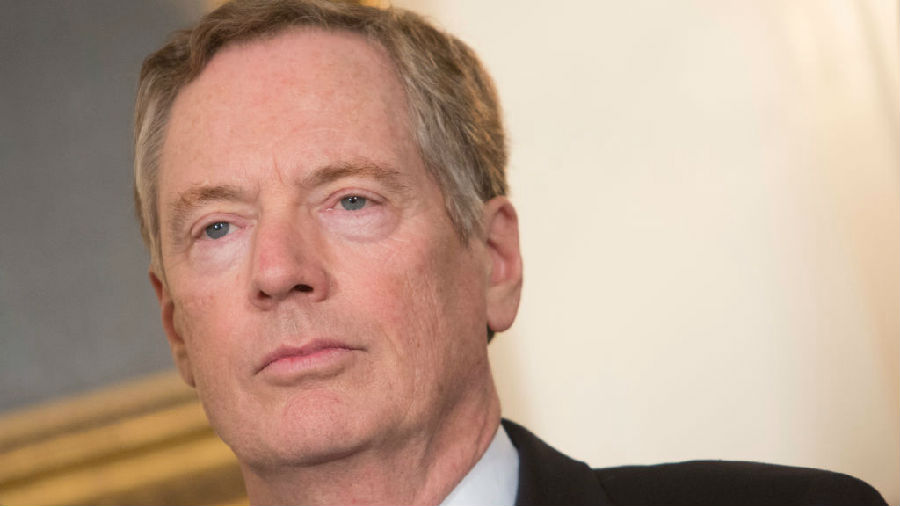
Republicans in Congress are also deeply sceptical about the merits of tariffs.
╣▓║═³hūhåTę▓ī”ĻP(gu©Īn)ČÉ┤ļ╩®Ą─└¹▒ū╔Ņ▒Ēæčę╔ĪŻ
Opening yesterdayĪ»s hearing with Mr Lighthizer, Kevin Brady, Republican chairman of the Houseways and means committee, said he was concerned that US trade policy was at a dangerouscrossroads.
į┌╚R╠žŽŻØ╔┬ĀūCĢ■Ą─ķ_ł÷░ūųąŻ¼▒Ŗūhį║╗I┐Ņ╬»åTĢ■ų„Ž»Īó╣▓║═³hūhåTäP╬─?▓╝╚RĄŽ(Kevin Brady)▒Ē╩ŠŻ¼╦¹ō·(d©Īn)ą─├└ć°┘Q(m©żo)ęūš■▓▀š²╠Äė┌ę╗éĆ╬ŻļUĄ─╩«ūų┬Ę┐┌ĪŻ
The administration needed to choose between isolationism and global leadership, he added.
╦¹ča(b©│)│õĘQŻ¼╠ž└╩Ųšš■Ė«ąĶę¬į┌╣┬┴óų„┴x║═╚½Ū“ŅI(l©½ng)ī¦(d©Żo)ĮŪ╔½ų«ķgū÷│÷▀xō±ĪŻ
Mr Brady said ChinaĪ»s oversupply of steel and aluminium had Ī░put many Americans out of workĪ▒ and Ī░its blatant theft of our companiesĪ» technology and intellectual property canĪ»t betoleratedĪ▒. But he warned against Ī░indiscriminate tariffsĪ▒.
▓╝╚RĄŽ▒Ē╩ŠŻ¼ųąć°▀^╩ŻõōĶF║═õX╣®æ¬(y©®ng)Ī░įņ│╔║▄ČÓ├└ć°╚╦╩¦śI(y©©)Ī▒Č°ŪęĪ░Ųõ║Ę╚╗Ė`╚Ī╬ęć°Ų¾śI(y©©)Ą─╝╝ąg(sh©┤)║═ų¬ūR«a(ch©Żn)ÖÓ(qu©ón)╩Ū▓╗┐╔╚▌╚╠Ą─Ī▒ĪŻĄ½╦¹ī”Ī░▓╗╝ėģ^(q©▒)ĘųĄ─ĻP(gu©Īn)ČÉš■▓▀Ī▒╠ß│÷┴╦Š»ĖµĪŻ
Ī░We must not punish American families and workers for ChinaĪ»s misbehaviour,Ī▒ he said.
╦¹▒Ē╩ŠŻ¼Ī░╬ęéāĮ^▓╗─▄ę“?y©żn)ķųąć°Ą─▓╗«?d©Īng)ąą×ķČ°æ═┴P├└ć°╝ę═ź║═╣ż╚╦ĪŻĪ▒
